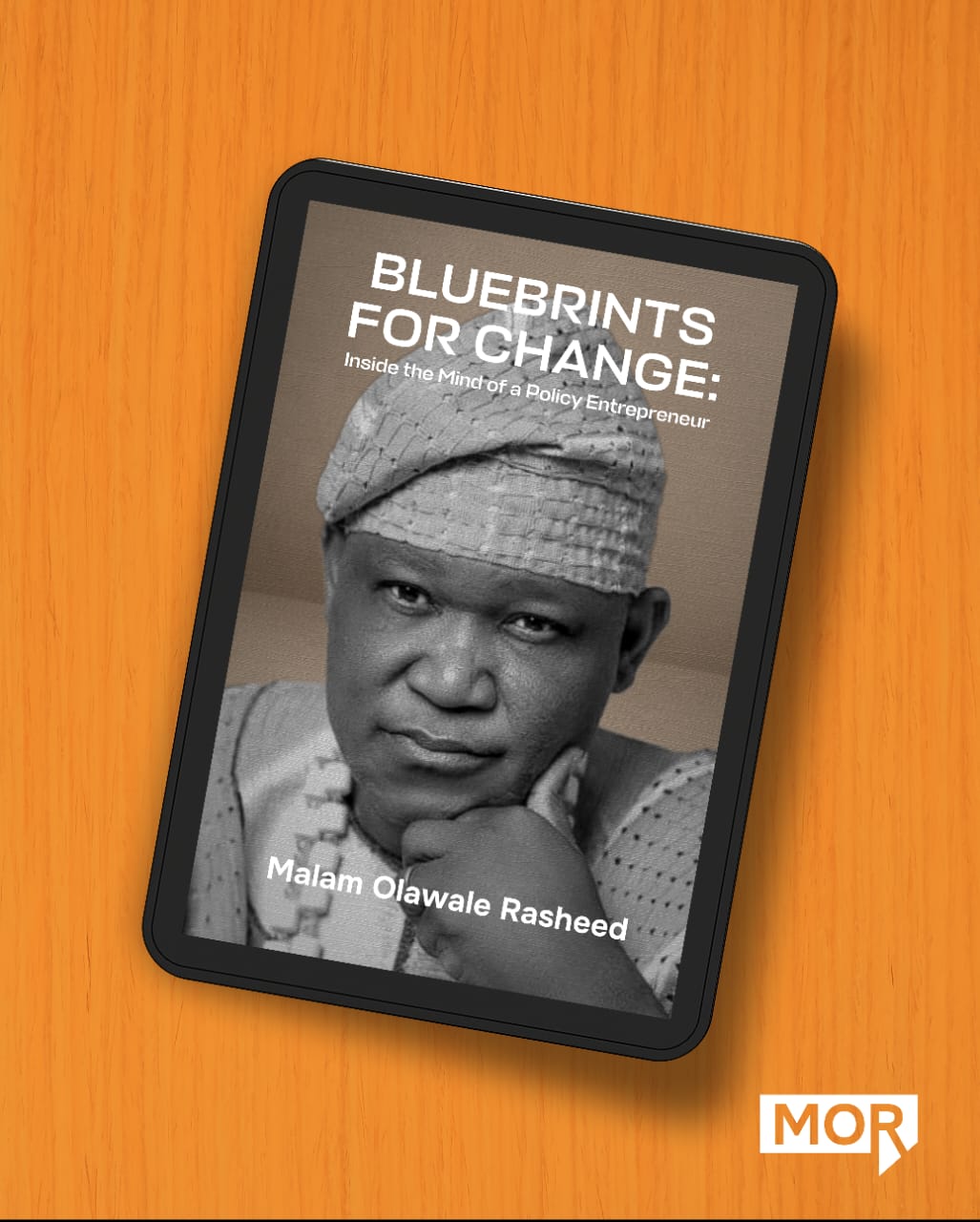Author: Sarafa Ibrahim
Nearly two weeks after, some clarity on what actually happened on January 27 is coming to light. Many people in Osun state and outside it have struggled to understand the rationale behind the decision of the Justice T.A Kume-led Tribunal that adjudicated the petition of the July 16 governorship election in the state, but Mr. Ismail Omipidan, a former spokesman to Alhaji Gboyega Oyetola, in his recent media campaigns, helped put the puzzle together.
From the very beginning of the legal challenge on the return of Governor Ademola Adeleke, Omipidan, and his party, the All Progressives Congress (APC) has disingenuously dangled before the public the likely outcome of the issue. And with Justice Kume judgement turning out exactly as projected as against the countless pieces of evidence put before the tribunal, Omipidan has become so emboldened to now speculate about what will be the outcome of the Appeal filed by Governor Adeleke at the Appellate Court.
On the surface, he tried to make it seem that the source of his confidence is rooted in the viability of its case, however, the silent objective is to execute successfully in the Appeal Court the very same plan successfully implemented at the Tribunal to overturn the election of the lawfully elected governor in Osun state.
The cornerstone of the plan is to have the Appeal Court embrace a distorted angle on the issue, which will in turn, pave the way for an erroneous conclusion, and in the end, swayed the judges to sanction the desperate bid of Oyetola to impose himself on Osun people. This was exactly the experience with the Tribunal, where the Justice Kume’s decision was tailored along the line of the narratives set by Omipidan and his party.
Emboldened by that undemocratic tendency, Omipidan is turning effort to the next stage, which is to shape the direction which the appellate court decision should take. For instance, Omipidan in the recent interview and opinion piece he wrote, claimed that the three judges at the Tribunal agreed with the allegation that Governor Adeleke forged his qualification. But this is a blatant lie and nowhere near what actually happened.
Justice B.A Ogbuli did not agree with Justice T.A Kume’s conclusion that Governor Adeleke forged any of his documents filed with the Independent National Electoral Commission (INEC) in the 2018 governorship election. While Justice Ogbuli in his words “adopted together with the decision of the majority judgement as it concerns issue No. 1, that is the issue concerning the qualification of the 2nd Respondent to contest the election”, he went on to say that “On issue No.2 and 3 which relates to the second and third grounds of the Petition, I, with utmost deference, disagree with the analysis of the evidence led at the Tribunal and the ultimate decision arrived at in the majority decision.”
The above excerpts from Justice Ogbuli’s minority judgement clearly showed that he never concurred with the decision of the majority judgement that Governor Adeleke forged any document. From this background, it is not so hard for any objective mind to understand what Omipidan and his paymasters are trying to drive at, most especially when it is a known fact that the Appeal Court had in 2019 cleared Governor Adeleke of forgery.
Omipidan is eager to present Governor Adeleke in an uncanny image as a way of persuading the judiciary into a wrong decision, a rehearsal of his tribunal experience, This explains why Omipidan tried endlessly cast doubt on the additional qualifications of Governor Adeleke “because the basis upon which those additional qualifications were acquired is faulty.”
The truth, which has been laid before the public, and even the courts on a number of times, was that Governor Adeleke did not forge any document. It however appears that Omipidan and the APC have made up their minds on this even when the facts say the same. The disappointing thing is that some judicial officers are complicit in this blackmail game.
To get this better, take a look at the Appeal Court decision in ADELEKE VS RAHEEM, NO. CA/A/2004/2019, where the lies that Adeleke forged any document he filed with the INEC in the 2018 governorship election was defeated. Justice Emmanuel Agim who read the unanimous judgement of the three-man panel of the Appellate Court held that Adeleke did not supply false information in his form C.F.001 and other particulars he filed with the INEC for the 2018 governorship election in Osun state.
Justice Agim frowned at the judgement of the Bwari High Court that contested the eligibility of Adeleke as “a substantial miscarriage of justice because if the trial Court had not ignored that evidence, it would not have come to the conclusion that the information in the statement of result and school testimonial presented by the 3rd respondent (Adeleke) to the 4th respondent (INEC) that the appellant sat for the West African School Certificate Examinations in May/June 1981, at Muslim High School is true and not false.”
The clear inference from this judgement is that Adeleke did not forge any of the documents he supplied to the INEC in the 2018 governorship election. Every document he filed with the electoral umpire was not his making, and this much was established in the courtrooms when the authorities that issued them appeared to assert their validities.
Not done, the appellate court held that “WAEC confirming affidavit and Ledger clearly resolved the issue of whether the statement of result and testimonial from Ede High School Ede submitted by the 3rd respondent to the 4th respondent along with his Form C.F.001 contain false information that he completed secondary school at Ede Muslim High School Ede and sat for the WASCE there in May/June, 1981.”
As it stands today, Omipidan and his party are poised to mislead the judiciary into aiding the attempt to strip the rightful winner of the Osun election his mandate. They have been able to get away with it at the Tribunal, where a server report unknown to law or voters in the election, was used by the majority judgement as the basis for determining over-voting.
In the true sense of things, and especially when justice is the focus, over-voting can only be said to have occured when the complete accreditation data had been compared to the results of the election in areas which was contested. And the best way to determine that is to look at the BVAS machines used at the various polling units on election day, especially when the data printed from an external source creates confusion.
But that was not what happened at the Tribunal as Justice Kume jettisoned the BVAS machines that actually generated the accreditation data for a controversial server report, which has been dismissed as incomplete by the maker of the document. To make matter worse, the majority judgement imported into its judgement the table of scores prepared by the petitioners even though it was not consistent with their pleadings in the petition.
That should tell you the extent of the injustice visited on Osun people by the majority judgement. As it stands, the dictate of law is that Governor Ademola Adeleke did not forge any of his certificates (per the Appeal court ruling of 2019), and given the supremacy of the Appeal court over the trial courts, that judgement still subsists, so Mr. Omipidan should be properly guided henceforth in alluding forgery to Governor Adeleke.
At this pivotal moment, the core precepts of our democracy are at great risk. If the attitude of Omipidan and the APC in teleguiding judicial decisions is allowed to persist, the fallout would be devastating and cause irreversible damage to our democracy.
•Sarafa Ibrahim writes from Iwo, Osun State.
©Views expressed by contributors are strictly personal and not of Voice Air Media.




